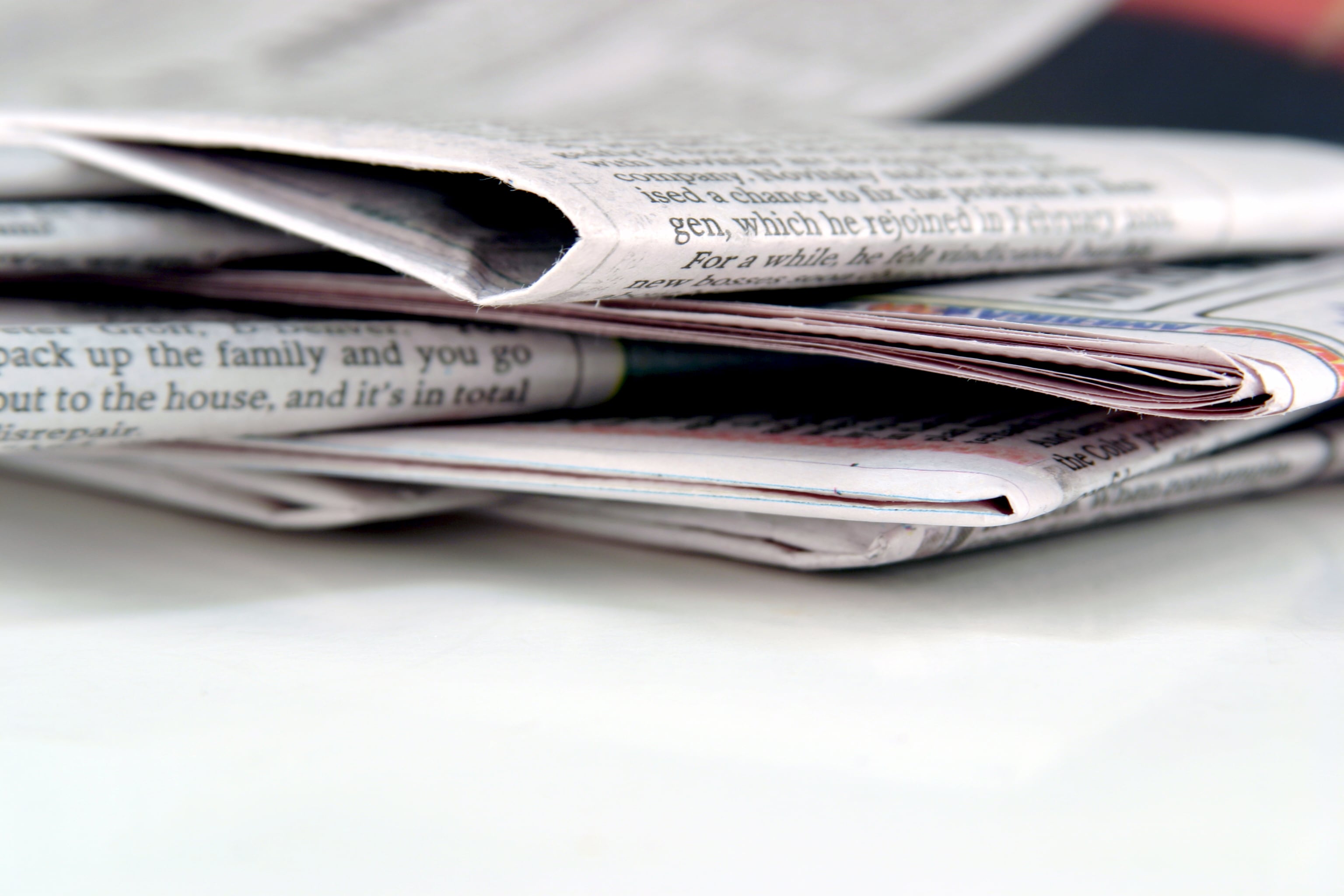15 years ago: 2010
The Licensed Trade Charity (LTC) unveiled plans to open a new pub staffed by young people with learning difficulties, providing them with the chance to work in a pub environment.
At the time, LTC education chairman Anita Adams said: “The idea is to create a working pub environment where youngsters would carry out real jobs under the supervision of qualified adult staff... It’s an idea which we are actively considering.”
Meanwhile, AB InBev launched Stella Black into the on-trade, a 4.9% ABV golden lager that’s matured for twice as long as its parent brand.
The beer, imported from Belgium, was described by Stella Artois marketing manager, James Watson, as having more body, more colour and less bitterness than its parent brand, though he said it is “not intended to be a major volume player”.
The same month, trials began at secret pub locations across the country to test safer pint glassware, designed not to shatter.
The Home Office’s Design and Technology Alliance Against Crime hoped that the new glassware could reduce the 87,000 violent incidents involving glass each year.
Also in November 2010, JD Wetherspoon scaled back its breakfast hours, with 40% of sites opening at 7am, 30% moving to 8am and 30% opening at 9am.
Chairman Tim Martin told The Morning Advertiser: “Some pubs were not really doing any trade so we’ve made an adjustment although we’re pleased with the overall increase in trade. We’ve not really lost any sales (as a result).”
Elsewhere in the period, the cider industry welcomed new rules that meant any cider or perry with less than 35% fruit juice content would face a higher rate of tax – the ‘made-wine’ duty rate.
Made-wines are drinks that are not defined as a spirit, wine, beer or cider, but made from the mixing of wine with another substance.
Finally in November 2010, Labour MP Diane Abbot called for a ban on cigarette vending machines.
10 years ago: 2015
In the month that fastfood chain Burger King applied for a drinks license in a bid to start serving beer at some of its branches, the sector was also digesting a far more serious development in the form of the Government’s Autumn Statement.
Trade bodies warned that the decision to end the £1500 retail relief scheme from March 2016 risked placing additional pressure on pubs, despite the welcome extension of small business rates relief and confirmation that most operators would fall outside the new apprenticeship levy.
Real estate adviser Gerald Eve calculated that the average pub would see its annual bill rise by more than 12% once the discount ended.
The same month a licensee of a London bar was fined £19,000 for playing music illegally, and was warned they could face a 28-day prison sentence if they continued to play music without a license.
Separately, 12 pubs were ordered to pay more than £90,000 in costs for unauthorised broadcasts of Premier League football using foreign satellite systems.
Alongside these cases a supplier of illegal systems to pubs, following a private prosecution instigated by the Premier League, was ordered to pay £125,000.
In other news, CAMRA refused to sell ales from breweries that did not provide a full list of ingredients at its beer festivals in a bid to help beer fans with food allergies.
Then chief executive, Tim Page, said: “We want to ensure festival-goers are 100% confident in the information they are given and the only way to do that is to ensure we have the correct information at every step of the supply chain.”
Meanwhile, brewing giant AB InBev reached an agreement with the board of SABMiller over the £68bn takeover.
AB InBev’s CEO at the time, Carlos Brito, said: “Our joint portfolio of complementary global and local brands would provide more choices for beer drinkers in new and existing markets around the world.”
5 years ago: 2020
In the month where the average price of a pint of cider reached £3.88, Prime Minister Boris Johnson announced that England would go into a second lockdown, coming into force on 5 November.
Pubs that broke coronavirus rules were fined up to £10,000.
The news saw pubcos JD Wetherspoon and Stonegate cut prices of ale to under £1 in a bid to throw as little away as possible during the period of closure.
The same month, a snap survey found 72% of hospitality workers were anxious about losing their jobs, and Stonegate cut 10% of its employees in preparation for a month in lockdown.
CEO Jonathan Neame revealed the business would also be asking more than 90% of its workforce step down from their current roles on a temporary basis. The company’s directors also volunteered to take a temporary 20% reduction in salary.
The month also saw Communities Secretary Robert Jenrick announce that pubs would receive automatic permission to provide takeaway services for another year. Rules were relaxed earlier in the pandemic so that operators did not have to go through a planning application process to be able to offer a takeaway service.
During the period, Lumina Intelligence data predicted the pub market to be worth £9bn with the impact of the pandemic wiping 61% (£14bn) off its value, while the BBPA estimated wet-led pubs in the highest tiers of lockdown restrictions to collectively lose £1.5bn in turnover as a result.
A significant month for the sector ended with over 50 brewers - including Fuller’s, Greene King, Punch, Marston’s and Young’s - signing a letter to the Prime Minister.
The letter said that pubs were “clearly being singled out for exceptionally harsh and unjustified treatment” before warning if the Government doesn’t change its course, huge portions of the “most British of institutions” will be lost by spring.




